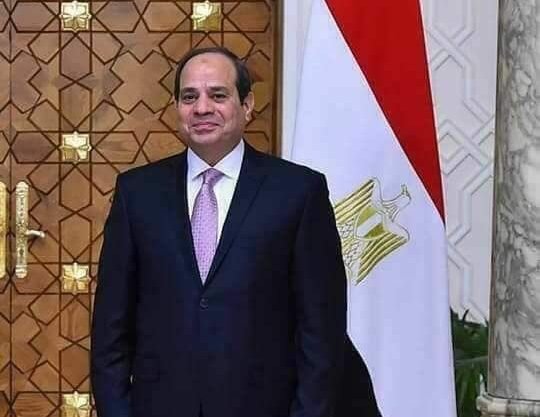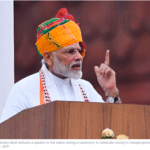Egypt’s President Abdel Fattah al-Sisi has clinched a third term with an overwhelming 89.6% of the vote, as announced by the national election authority on Monday. The outcome of the December 10-12 poll was largely anticipated, given Sisi’s popularity and the limited competition from relatively unknown candidates. The victory solidified Sisi’s position for another six years, commencing in April, marking his third and constitutionally final term despite grappling with a challenging economic crisis and heightened regional tensions.
At 69 years old, President Sisi’s win comes amid a backdrop of economic hardships, including an alarming annual inflation rate of 36.4%, leading to soaring prices of essential goods and impacting household budgets in the nation of nearly 106 million people. The economic crisis has compounded pre-existing challenges, with approximately two-thirds of Egypt’s population already living on or below the poverty line.
A notable aspect of Sisi’s electoral journey is the decade-long crackdown on dissent, effectively eliminating any significant competition. Remarkably, he became Egypt’s fifth president to emerge from the military ranks since 1952. Despite the economic woes and political constraints, Sisi’s victory in this third term, while still a landslide, marks his smallest margin of triumph. In both 2014 and 2018, he secured over 96% of the vote.
The runner-up in the election was Hazem Omar, leading the Republican People’s Party, who garnered 4.5% of the vote. Following closely were Farid Zahran, leader of the Egyptian Social Democratic Party, and Abdel-Sanad Yamama from the century-old yet relatively marginal Wafd party.
As Egypt looks toward its political future under President Sisi’s continued leadership, the international community closely observes the dynamics of the region, considering the economic challenges, internal dynamics, and the implications for regional stability.
In the aftermath of this electoral milestone, it remains essential to analyze the factors contributing to President Sisi’s enduring popularity and electoral success. The intersection of political leadership, economic resilience, and regional diplomacy will undoubtedly shape Egypt’s trajectory in the years ahead.














